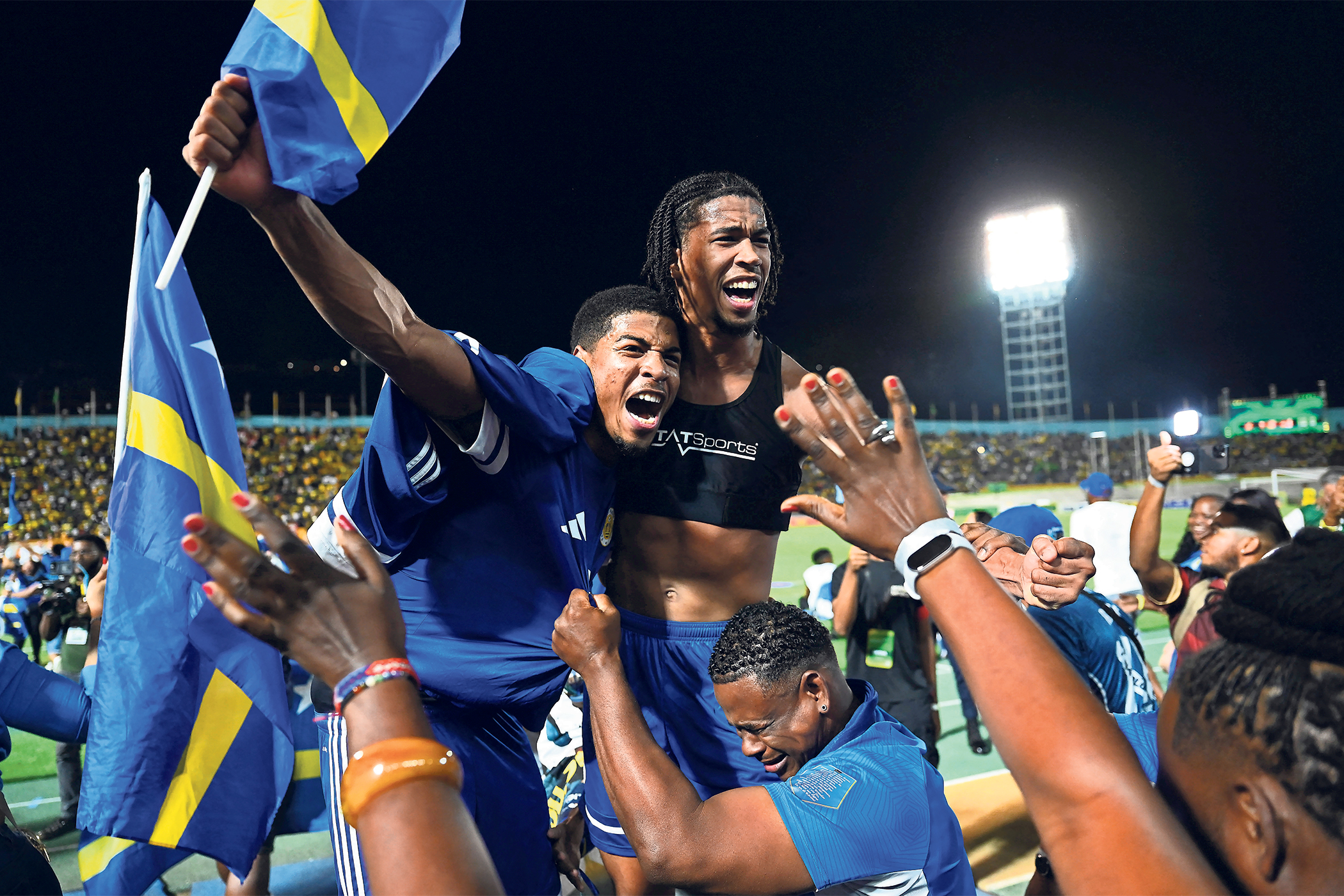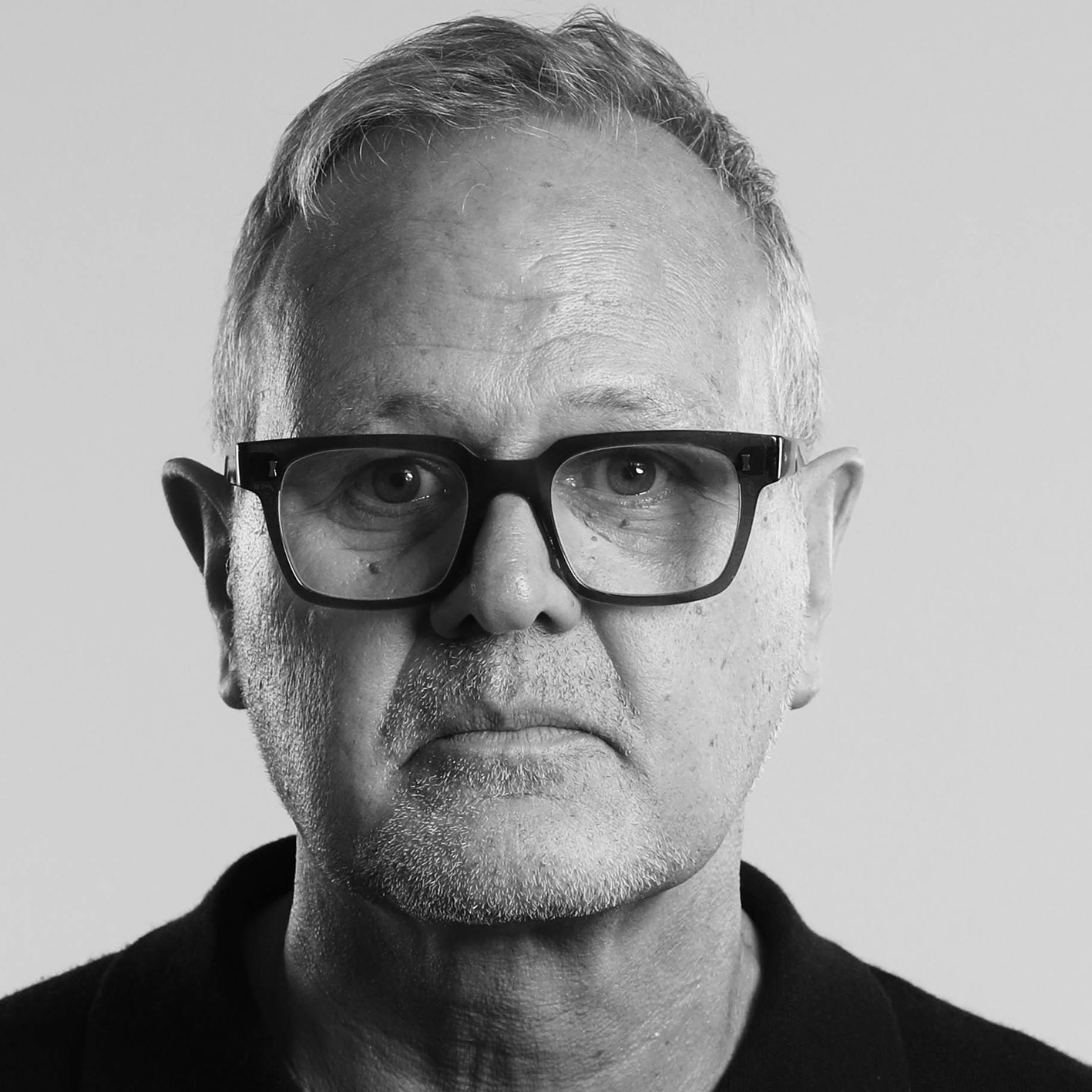The ecstasy of World Cup qualifying has been the best – maybe the only – answer to its appropriation by autocrats and by Fifa’s own Gianni Infantino, a sycophant to political strongmen.
The best revenge is to live well, they say, and small nations lived incredibly well in spectacular qualifying rounds. Cape Verde, Haiti, Curaçao, Uzbekistan, Jordan and Scotland have progressed to a World Cup spread across the USA, Canada and Mexico. Apologies to Scotland for including them in the “sensational story” class but the last time they made it through was 1998.
However hard Fifa try to kill the men’s World Cup by selling it for soft power gain, the spirit that sustains football’s showpiece somehow endures. The desperation to be there on opening night is undimmed.
Scott McTominay’s bicycle kick and Kenny McLean’s goal from the halfway line were more than just moments of brilliant execution. The commentators who called McTominay’s acrobatics “one of the great Scotland goals” undersold it. It was one of the finest of modern times for any country.
It will be the first World Cup where one co-host has threatened to annex and launch military strikes against the others
It will be the first World Cup where one co-host has threatened to annex and launch military strikes against the others
Those two goals weren’t just personal triumphs for the scorers and happy pills for the nation. They were affirmations of international football’s advantage over the club game. Club v club is tribal. Country v country is universal: a truth Fifa has ruthlessly exploited to expand its own wealth and influence.
The 2026 World Cup will be the first where one of the three co-hosts (USA) has threatened to annex another (Canada) and launch military strikes against the third (Mexico). It would be a hell of an opening ceremony of searchlights and sirens if all that happened.
If memory serves, in 2002 Japan and South Korea weren’t at risk of invading or bombarding one another. Hopes for peace are bright as well at the 2030 World Cup in Morocco, Portugal and Spain, with “centenary games” taking place in Argentina, Paraguay and Uruguay.
But for 2026, Donald Trump stopped bullying Canada for long enough to threaten Mexican drug cartels with the Venezuela treatment. Blasting alleged Venezuelan drug runners out of the water gave Trump an idea about how to deter similar crimes emanating from Mexico and other parts of Latin America.
Doubtless next summer’s World Cup will roll out peacefully. But it’s hard to square the romance of Cape Verde, Curaçao and Haiti qualifying with what the carnival has become. Nowadays it evokes the Hunter S Thompson essay title for America’s greatest horse race: The Kentucky Derby is Decadent and Depraved.
By 2034, the World Cup will have travelled, since 2018, to Russia, Qatar and Saudi Arabia, via Trump’s America, where the president this week exonerated the Saudi Crown Prince Mohammed bin Salman for the butchering of Jamal Khashoggi in Istanbul, even though America’s own intelligence agencies concluded that the murder could be traced to “MBS”.
Newsletters
Choose the newsletters you want to receive
View more
For information about how The Observer protects your data, read our Privacy Policy
Then Cristiano Ronaldo joined them both for a black-tie dinner, the perfect expression of football’s wildly inflated status in world affairs.
In the “superpower” nations qualifying is seen as a tedious interruption to Arsenal v Liverpool and Barcelona v Real Madrid. But this autumn it felt like a superior version of the World Cup itself. The gigantism of Fifa has played a part, with the expansion to 48 teams – almost a quarter of the governing body’s membership. The bigger it gets though the greater the drama in qualifying. Curaçao and Haiti are transformed from also-rans to contenders. Euphoria has touched football’s outposts.
Haiti’s manager has never been to Haiti but that didn’t stop them qualifying for the first time since 1974. Since January 2022 there, 16,000 have been killed in gang violence. It’s so dangerous that the Frenchman Sébastien Migné has to oversee Haiti’s home games from 500 miles away in Curaçao. The Haitian FA call him with information and he coaches the team remotely.
Curaçao (population 156,000) have broken Iceland’s 2018 record as the smallest country to reach the World Cup finals. A Caribbean island in the Kingdom of the Netherlands, Curaçao are coached by the Dutchman Dick Advocaat and draw mainly on Dutch-born players. Reverse diasporas often explain the rapid rise of tiny countries. Curaçao also joined Croatia on the list of countries who have cost Steve McClaren an international job. McClaren resigned as Jamaica coach after the 0-0 draw with Curaçao left them short.
Jordan and the ‘White Wolves’ of Uzbekistan (previously “Asia’s chokers”) are other World Cup debutants. Last month the archipelago of Cape Verde made it through after five consecutive wins, including a 1-0 victory against Cameroon in September.
But it was this week when it all went hallucinogenic. The Republic of Ireland’s Troy Parrott scored twice against Portugal and added a hat-trick against Hungary in Budapest. But it looked more like an epiphany. The Republic join Wales and Northern Ireland (and Italy) in the play-offs in March.
If they survive America’s testing visa application system, most travelling fans will detach themselves from political context, as they did in Russia and Qatar. Escapism isn’t the same though as complicity. The joy of football is preserved by people honouring what international football was meant to do: bring people together, in a world of centrifugal forces.
That sounds like marketing chat until you see the bonding in action. This will surprise Fifa, but football isn’t theirs to steal.
Photograph by Ricardo Makyn/AFP via Getty Images



